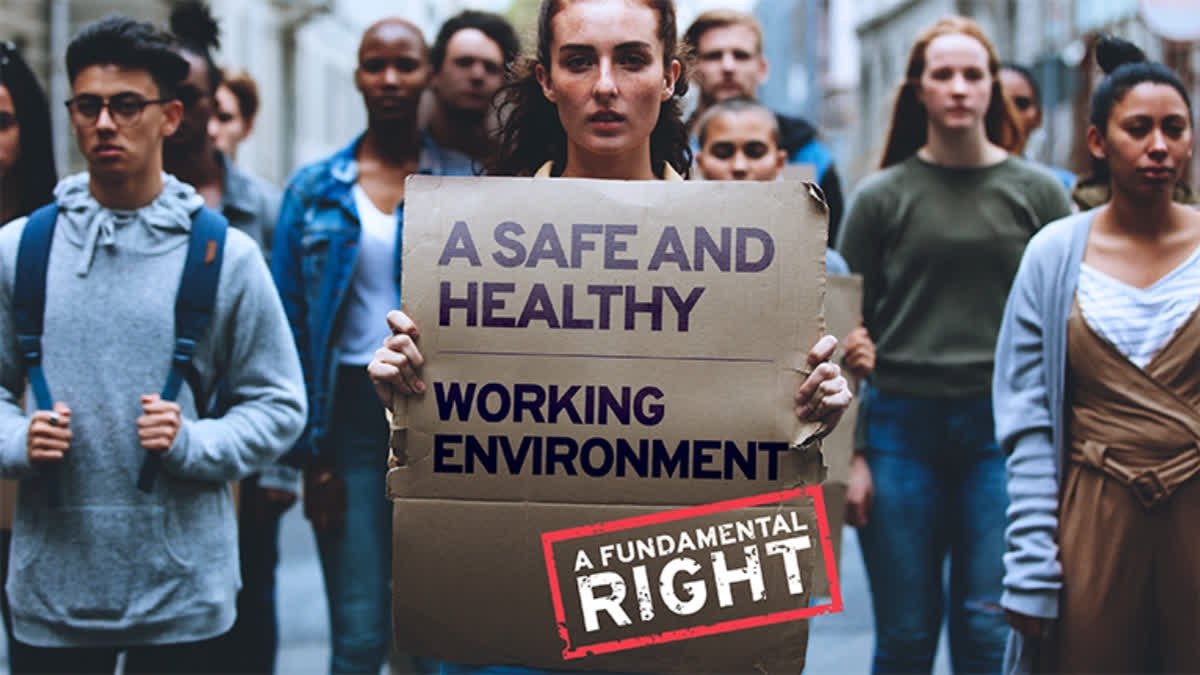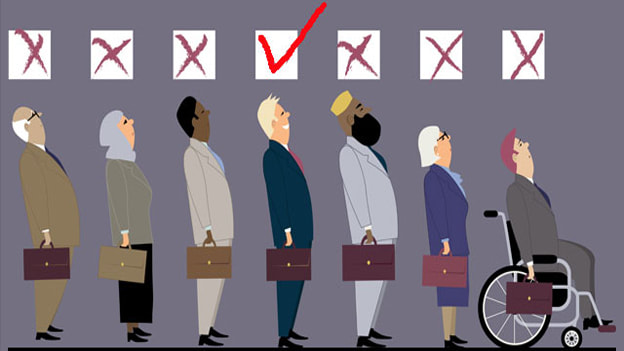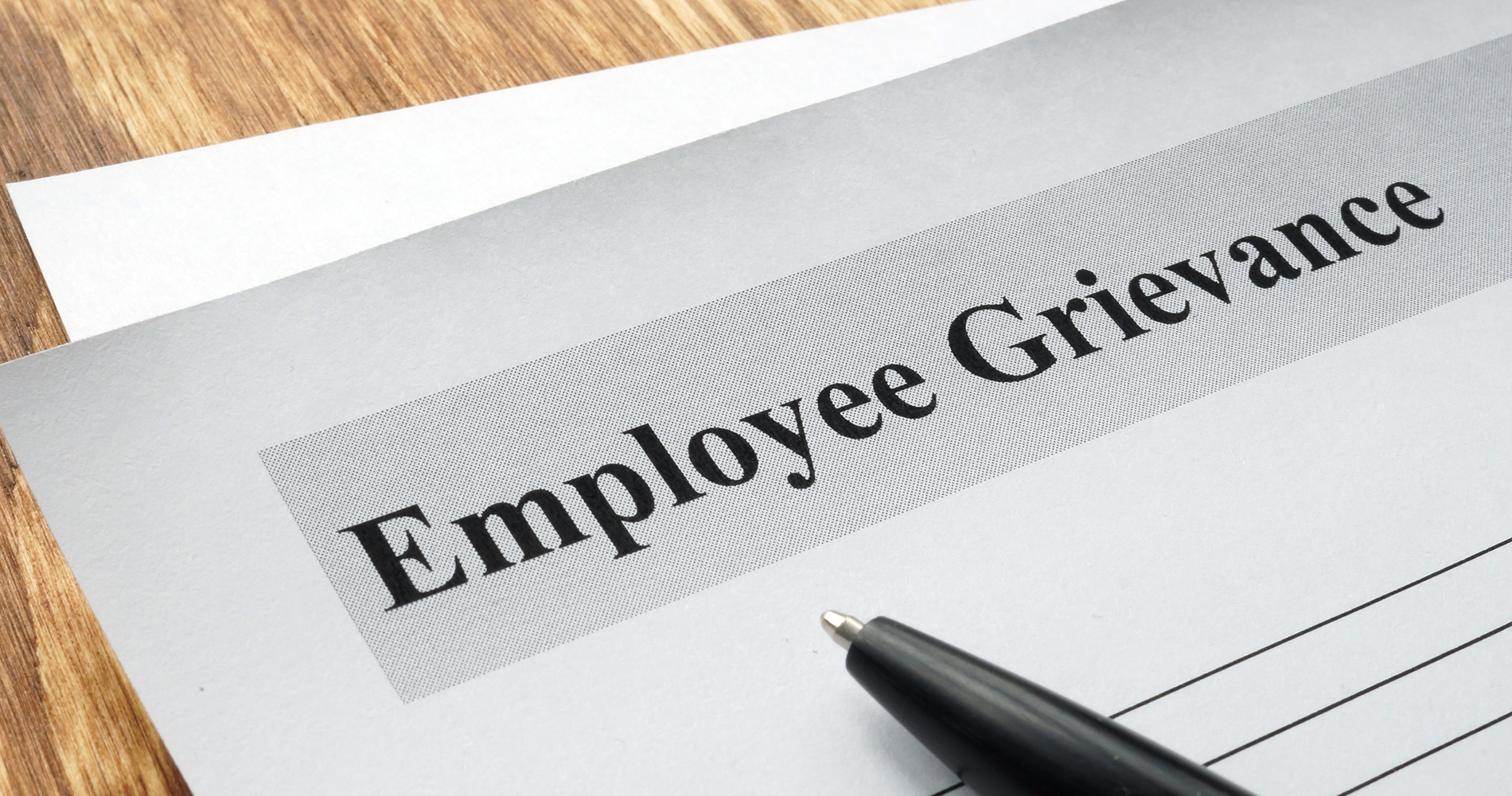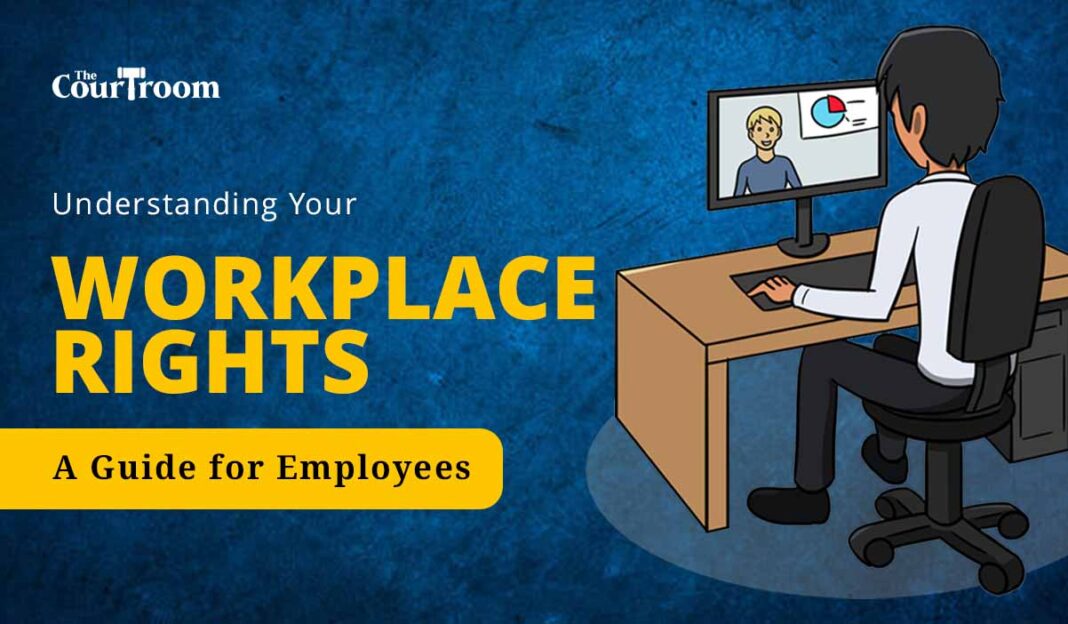Understanding Your Workplace Rights: A Guide for Employees
In the complex environment of the modern workplace, it’s crucial to be aware of your rights as an employee. Understanding these rights not only helps you navigate challenges but also empowers you to take appropriate action if those rights are violated. This guide provides an overview of key workplace rights that every employee should know.
1. Right to Fair Wages

One of the most fundamental rights is the right to fair wages. Employees are entitled to be paid at least the minimum wage as defined by law. This includes being compensated for overtime work at a rate that is typically higher than the regular pay rate. Ensure that you understand your pay structure, including any overtime, bonuses, or deductions that may apply.
2. Right to a Safe and Healthy Work Environment

Your employer is legally obligated to provide a safe and healthy workplace. This includes ensuring that the workplace is free from hazards that could cause injury or illness. You have the right to report unsafe conditions without fear of retaliation and to receive appropriate training on workplace safety standards.
3. Right to Non-Discrimination and Equal Opportunity

Every employee has the right to be treated fairly and without discrimination. Discrimination based on race, gender, religion, disability, or any other protected characteristic is illegal. Equal opportunity laws require that all employees be given the same chances for promotion, training, and benefits without bias.
4. Right to Privacy

While employers have the right to monitor certain aspects of the workplace, such as computer usage or emails sent on company devices, you also have a right to privacy in the workplace. This includes the confidentiality of personal information and protection from unwarranted surveillance. Be aware of your employer’s policies on monitoring and data privacy.
5. Right to Freedom from Harassment

Harassment in any form—whether sexual, verbal, or physical—is unlawful. You have the right to work in an environment free from harassment and to report any incidents without fear of retaliation. Employers are required to investigate harassment claims and take appropriate action to address the issue.
6. Right to Leave

Employees are entitled to various types of leave, including sick leave, maternity or paternity leave, and vacation time. Additionally, some laws provide for paid or unpaid leave for specific reasons, such as medical conditions or family emergencies. It’s important to understand your leave entitlements and the procedures for requesting time off.
7. Right to a Written Contract

In many countries, including India, employees have the right to a written contract that outlines the terms of employment. This contract should include details about your job role, salary, work hours, and any other conditions of employment. Having a written contract helps prevent misunderstandings and provides legal protection in case of disputes.
8. Right to Join a Union

You have the right to join or form a trade union and participate in its activities. Unions are organizations that work to protect and advance the interests of their members, including negotiating better pay and working conditions. Employers cannot legally prevent you from joining a union or retaliate against you for doing so.
9. Right to Grievance Redressal

If you believe your rights have been violated, you have the right to file a grievance. Most workplaces have procedures in place for addressing employee complaints. You should be familiar with the grievance process at your workplace and know how to escalate issues if necessary.
10. Right to Protection Against Unfair Dismissal

Employees cannot be dismissed from their job without just cause. If you are terminated, you have the right to know the reasons for your dismissal and to challenge it if you believe it was unjust. Laws protect employees from being fired for discriminatory reasons or for exercising their rights.
Conclusion
Understanding your workplace rights is essential for ensuring fair treatment and protecting yourself against exploitation. By being aware of these rights, you can take proactive steps to address issues and seek justice if your rights are infringed upon. Always stay informed about the laws that apply to your employment and don’t hesitate to seek legal advice if you feel your rights have been violated. Empower yourself with knowledge, and you’ll be better equipped to thrive in your professional life.
Share your news, articles, deals, columns, or press releases with us! Click the link to submit and join our platform today.


